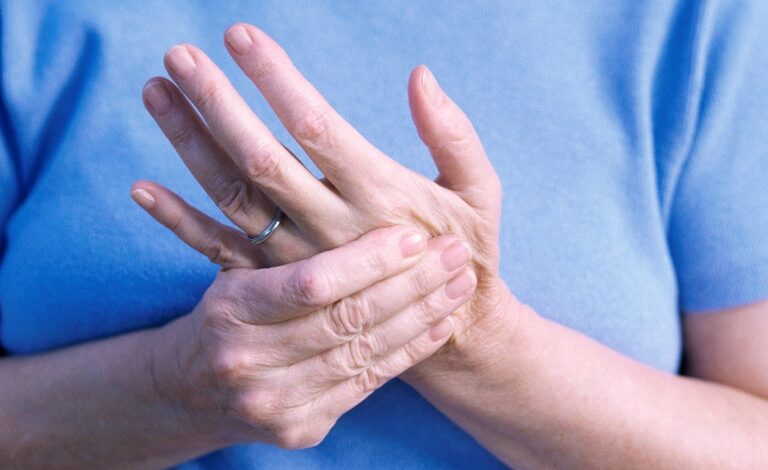The Importance of Hand Health: A Complete Guide

Our hands are an essential part of our daily lives, yet we often take them for granted. From typing on a keyboard to lifting heavy objects, our hands do it all. This guide will explore the various aspects of hand health, providing tips and insights to keep your hands in top condition.
Understanding the Basics of Hand Health

Our hands are made up of a complex system of bones, muscles, tendons, ligaments, and nerves that work together to perform a wide range of movements. Taking care of your hands starts with understanding their structure and recognizing when something might be off.
For instance, pain, stiffness, or weakness in your hands could be signs of overuse or underlying medical conditions such as arthritis or carpal tunnel syndrome. By paying attention to these signs, you can take steps to address issues early on.
Moreover, hand hygiene is a cornerstone of . Washing your hands regularly not only prevents the spread of germs but also protects your skin from infections. Using a gentle soap and warm water can keep your skin clean without causing dryness.
Lastly, hydration plays a vital role in maintaining the skin’s elasticity and preventing cracks or irritation. Applying a good hand cream can provide the necessary moisture, especially during dry weather.
Common Hand Problems and How to Address Them
Carpal Tunnel Syndrome
Carpal tunnel syndrome occurs when the median nerve, which runs through the wrist, becomes compressed. Symptoms include tingling, numbness, and weakness in the hand. It’s often caused by repetitive motions, such as typing or using tools.
To prevent carpal tunnel syndrome, take regular breaks and practice proper ergonomics. If symptoms persist, wearing a wrist brace or consulting a healthcare professional may be necessary.
Arthritis
Arthritis in the hands can cause swelling, stiffness, and pain, making daily tasks difficult. It’s more common in older adults but can affect anyone. Regular exercise, a healthy diet, and over-the-counter pain relievers can help manage symptoms.
For severe cases, medical treatments like corticosteroid injections or even surgery might be recommended. Always consult a doctor for an accurate diagnosis and treatment plan.
Dry and Cracked Skin
Dry skin on the hands is a common issue, especially in cold weather or after frequent handwashing. Cracked skin can be painful and may lead to infections if not treated.
Using a rich, fragrance-free moisturizer can alleviate dryness. For extremely dry skin, consider wearing cotton gloves after applying lotion to lock in moisture overnight.
Tips for Maintaining Healthy Hands
Regular Stretching Exercises
Hand and wrist exercises can improve flexibility and reduce the risk of injuries. Simple stretches like opening and closing your fists or rotating your wrists can make a big difference. Try to incorporate these exercises into your daily routine, especially if your work involves repetitive motions.
Protect Your Hands
Whether you’re gardening, cooking, or working with tools, always wear appropriate gloves to protect your hands from injuries, burns, or harsh chemicals. Prevention is better than cure, and protective gear can save you a lot of trouble.
Maintain a Balanced Diet
A diet rich in vitamins and minerals can contribute to strong and healthy nails, skin, and bones. Foods high in omega-3 fatty acids, vitamin E, and biotin are particularly beneficial for hand health. Staying hydrated is equally important to maintain skin elasticity and overall hand function.
When to Seek Medical Attention
While minor issues like dry skin or temporary stiffness can often be managed at home, certain symptoms require professional evaluation. Persistent pain, swelling, or loss of function should not be ignored. These could be signs of a more serious condition that needs medical intervention.
Additionally, any cuts or wounds onhand health. hand health. hand health. hand health. that don’t heal properly could indicate an infection. Don’t hesitate to consult a doctor if you notice redness, swelling, or pus around the affected area.
Conclusion
Hand health is vital for maintaining your quality of life. By understanding common hand problems, adopting preventive measures, and knowing when to seek help, you can ensure your hands remain functional and pain-free. Treat your hands with the care they deserve—after all, they’re one of your most valuable tools.



